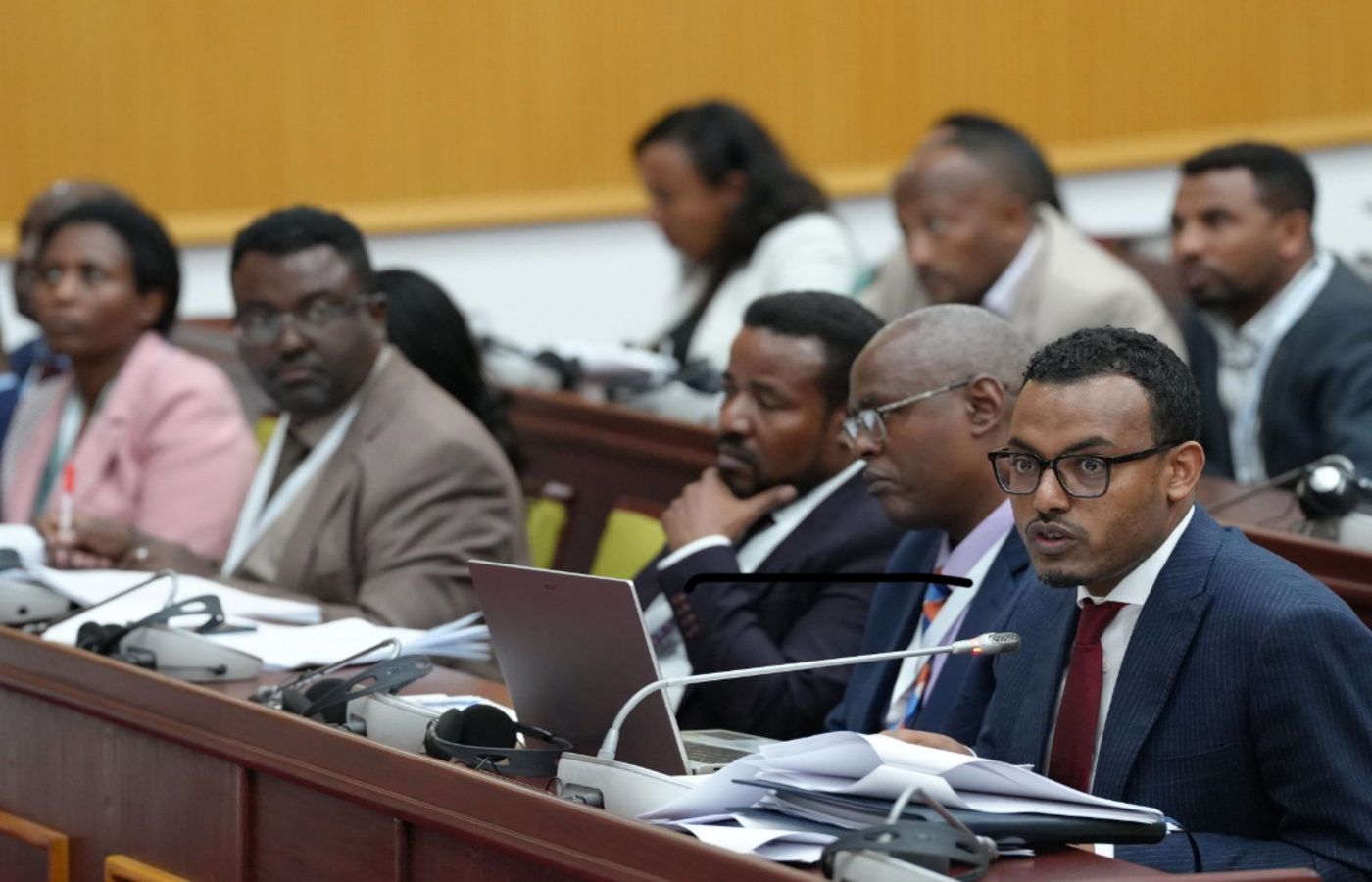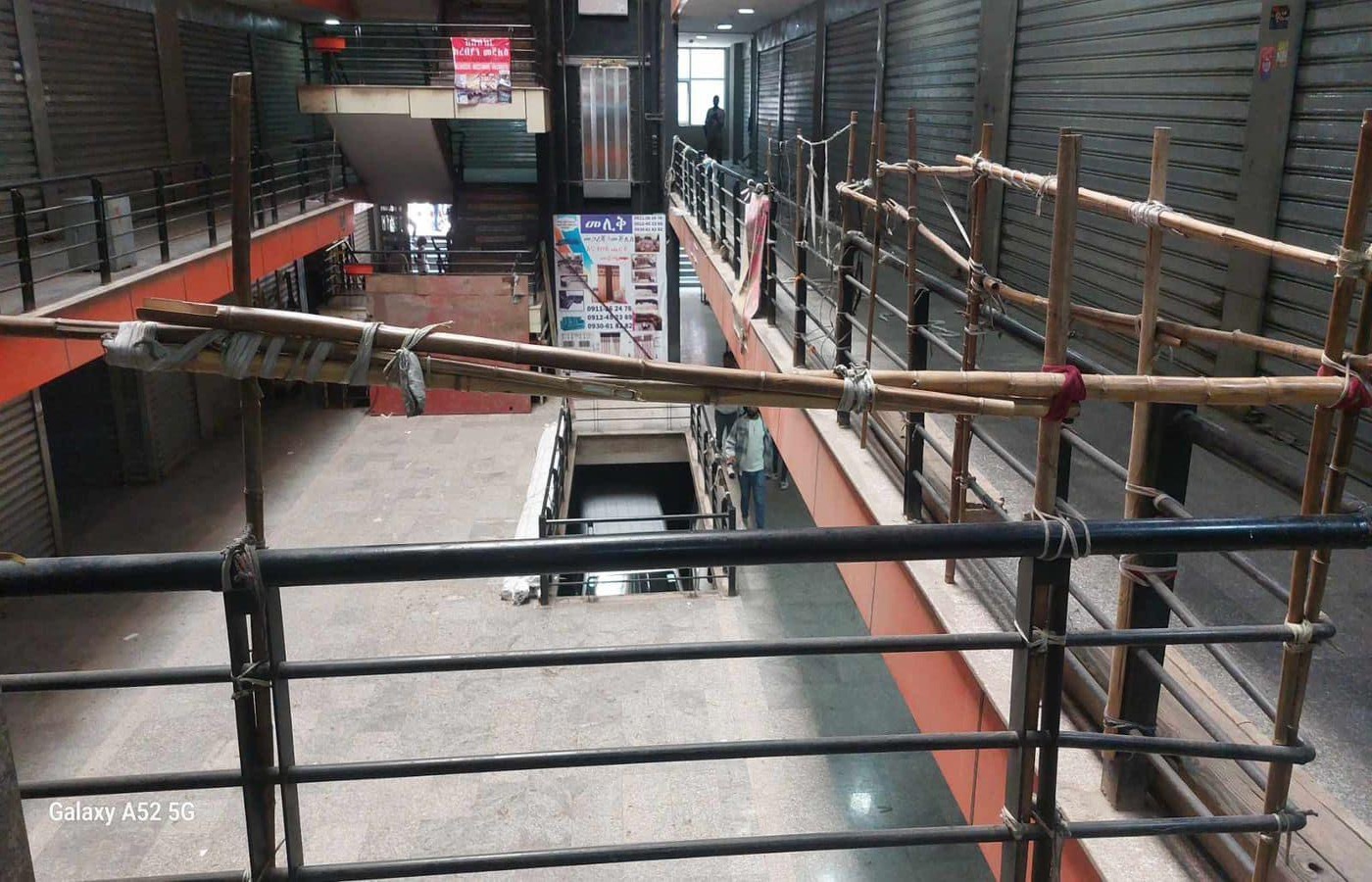In a major policy shift, the Ethiopian government has introduced reforms that will bring sweeping changes to long-standing investment rules, allowing foreign participation in key economic sectors, including export, import, wholesale, and retail trade.
The introduction of overseas competition by permitting direct foreign involvement in these sectors marks the end of the period where they were reserved solely for domestic players.
A new directive issued by the Ethiopian Investment Board permits foreign investment in exporting crops like coffee, oilseeds, pulses and hides and skins. It also allows importing all goods except fertilizer and petroleum. Wholesale and retail will now be opened to foreigners.
However, there are requirements to obtain investment permits under the new regulation, which will come into force from the date it is published on the websites of the Ministry of Justice and the Commission.
For coffee exports, investors need a 10 million dollar annual procurement history and must commit to exporting 10 million dollars annually for the last three consecutive years. Oilseeds requires five million dollars each year.
Even less prominent crops like pulses and hides have one million dollar and USD 500,000 annual minimums. Livestock is the only sector with no experience threshold.
Foreign companies without past deals in Ethiopia face even higher entry barriers, needing 12.5 million dollar coffee orders or 7.5 million dollars for oilseeds.
Any foreign investor can engage in the wholesale trade investment of all sectors reserved for domestic investors under the directive.
However, they must contractually commit to building modern marketing infrastructure and providing streamlined logistics service facilitating its wholesale operations.
Any foreign investor can engage in retail trade investments reserved for domestic investors under the directive.
Analysts say these steep criteria aim to attract only the world's largest trading and supermarket groups with proven balance sheets rather than small or medium investors.
It signals Ethiopia's goal of dramatically scaling up major exports and modernizing downstream sectors through substantial foreign capital injection and expertise.
Critics argue local businesses may struggle to compete against deep-pocketed multinational chains. But authorities say limited prior liberalization did not achieve objectives and competition is needed for efficiency gains.
PM Abiy Ahmed (PhD) last month told investors when he met them at his office that he is opening up the retail sector and allow foreigners even to purchase residential properties. He believes this will attract more foreign direct investment, which is critical for Ethiopia's development goals.





